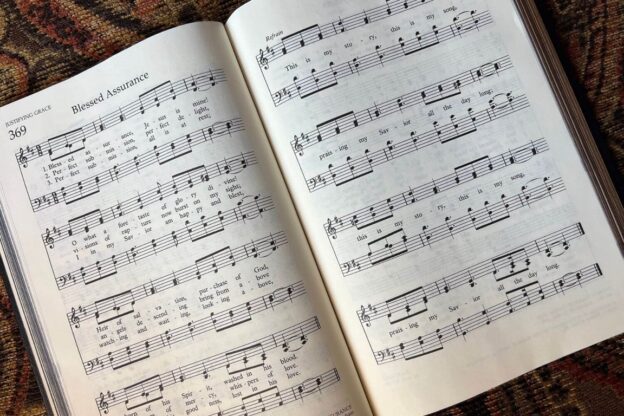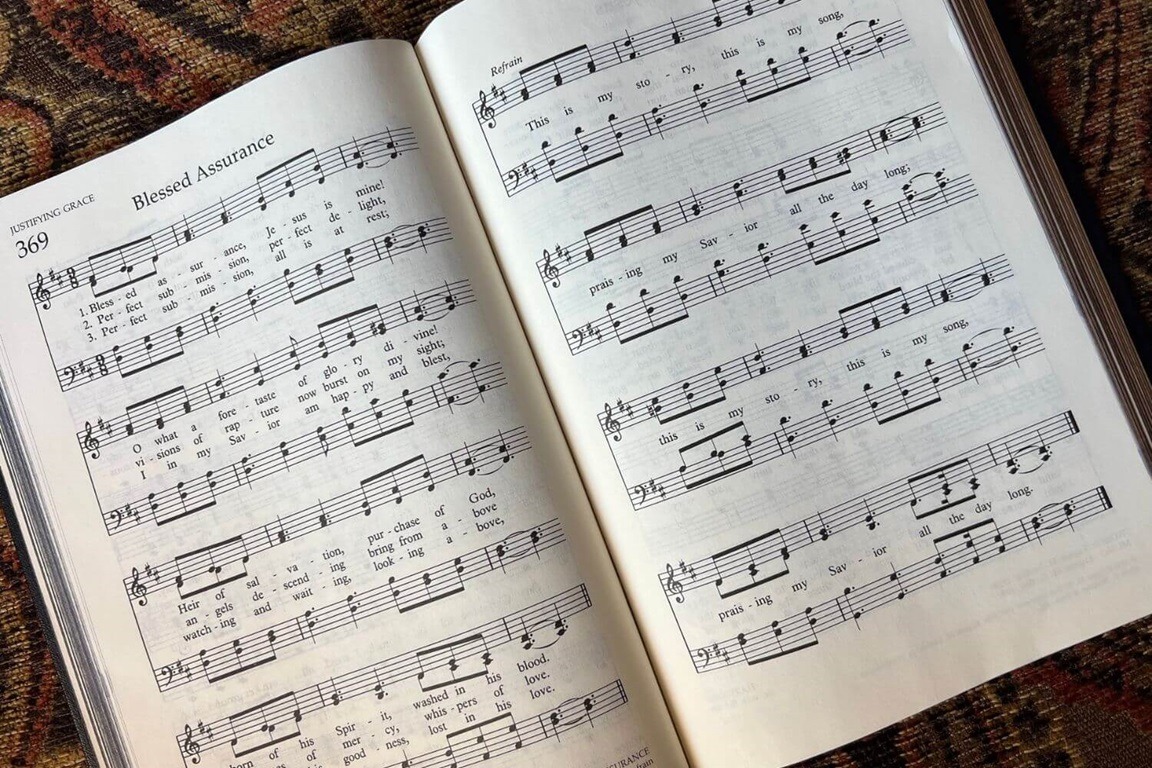Core Convictions IV: Look To Jesus And Be Saved by Maxie Dunnam

This is part III of Maxie’s series on Core Convictions, you can find his prior articles here, here, and here.
I have long admired the great evangelist, Charles Spurgeon. I often wonder what it would have been like to hear him preach, He is high on any list of renowned preachers. People had to stand in line to get into worship in his church in London. The crowds were so great that sometimes he would urge the membership of his own church not to come to worship the next Sunday in order that there would be room for seekers, those who had not yet received the gospel for their salvation.
The Story of Spurgeon’s Salvation
It was only recently that I heard the story of Spurgeon’s salvation experience. As a young man, he was deeply convicted of his sin, but did not really know how to get his sins forgiven. He began to go to different churches, seeking salvation. He later shared that he heard some fine sermons on doing good and living right, but he never really heard anybody fully preach the gospel of salvation.
One Sunday, he had planned to attend a particular church but it had snowed so much he could not get there. He was walking on an obscure street in London and came upon a little Primitive Methodist chapel he had never seen before.
He went in and sat down. Only a few people were present, without the pastor. As Spurgeon started to get up to leave, a very thin looking man, a layperson, deacon in that church, walked into the pulpit, opened his Bible and read Isaiah 45:22: “Look unto me, and be ye saved, all the ends of the earth: for I am God, and there is none else” (KJV).
Spurgeon said that when the deacon finished reading the text, he lifted up both of his hands and cried out, “Look, look, look! It is only look” At that moment, after all his seeking, Spurgeon said, he finally saw the way of salvation. All he had to do was look, by faith, to Jesus Christ and he was gloriously saved.
Spurgeon’s experience suggests two critical considerations. One, all people need and many are seeking salvation. Two, the gospel is far more than “doing good and living right.” What is that “far more”?
Justification: The Miracle of a Moment
The two pivotal dynamics of full salvation are justification and sanctification. Both are works of grace. In justification, we are pardoned and reconciled to God; the restoration of the image of God in us is begun, which is the beginning of sanctification.
Justification may be the miracle of a moment but sanctification is the process of a lifetime. As I suggested in my last article, “the dynamic process of sanctification is to work out in fact what is already true in principle. In position, in our relationship to God in Jesus Christ, we are new persons; that is justification and new birth. Now our condition, the actual life we live, must be brought into harmony with our new position. That is the process of sanctification.”
Sanctification: The Journey of a Lifetime
Justification comes when we recognize ourselves as sinners, separated from God, then repent and in faith receive his forgiveness. This is also the starting point of sanctification. As Wesley said, “It is the gate to it, the entrance to it.”
Sanctification is a continuation of our trusting God’s grace that has saved us, trusting him to shape our lives completely into the likeness of Christ.
Why not take some time now to reflect and identify the time, process, conviction, decision—whatever was involved—when, like Spurgeon, you knew and, by faith, you made some claim on Jesus Christ for your salvation.
Subscribe
Get articles about mission, evangelism, leadership, discipleship and prayer delivered directly to your inbox – for free






















